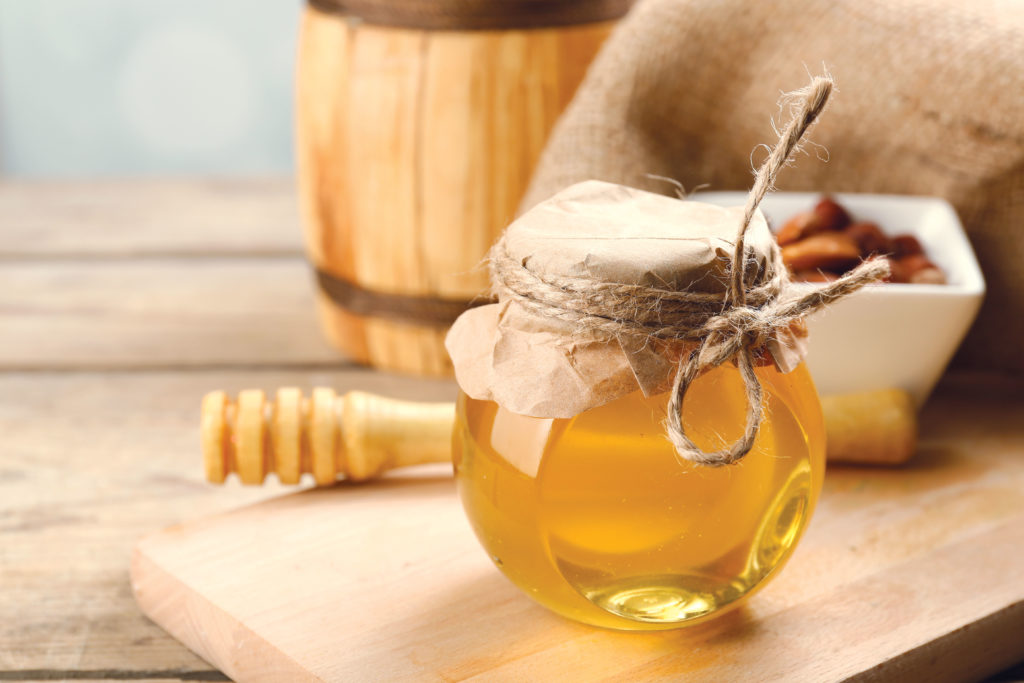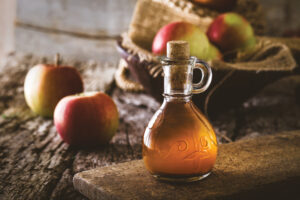Advertisement
Ask the Experts
Health benefits of honey

Advertisement
Q: I’ve heard that honey has health benefits. What are some of honey’s specific uses?
A: Honey has long been regarded by many traditional cultures as a coveted, nutritionally rich food. Today it is best known for its anti-infective and immune boosting effects. In addition, there is an intriguing body of research related to the health benefits of honey for allergy symptoms and for cough.
A 2015 Italian study found that consuming 10 mL (approximately 2 tsp) of wildflower honey mixed with 6 Tbsp (90 mL) of milk on three consecutive evenings was as effective as the standard cough syrup dextromethorphan or another over-the-counter cough medicine for alleviating symptoms of an acute nighttime cough in children.
Another study found that use of various honeys (eucalyptus honey, citrus honey, or mint honey) administered on two consecutive days at bedtime was effective in reducing nighttime cough in 300 children with upper respiratory infections, nocturnal cough, and illness duration of seven days or less. Similar results were found by other studies.
Studies have also found honey to be effective in the treatment of allergic rhinitis (hay fever). One study found that consuming honey for eight weeks resulted in continuous alleviation of allergy symptoms.
A 2011 study found that consuming birch pollen honey before pollen season resulted in 60 percent lower symptom ratings and less medication use among patients with birch pollen allergy, compared to patients not receiving honey.
Cautions
- Despite the many health benefits of honey, certain individuals should nonetheless be cautious with honey consumption.
- Patients with diabetes should minimize the intake of any sugar-rich food, including honey, as these may lead to elevated blood glucose.
- Honey should not be given to children under the age of one year, as there may be risk of botulism.





